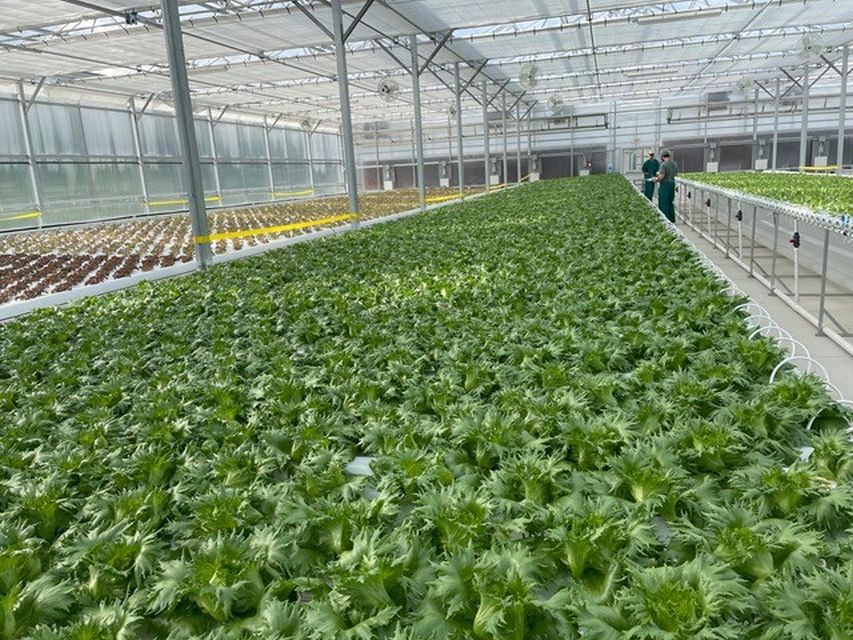Greenhouse agriculture plays a vital role in ensuring year-round crop production, but it also presents unique challenges for efficient and sustainable pest control and fertilization. In recent years, electric backpack sprayers have emerged as a valuable tool for greenhouse farmers, offering numerous benefits for both efficiency and sustainability. This blog explores the advantages of electric backpack sprayers in the context of greenhouse agriculture and how they contribute to a more sustainable approach to pest management and fertilization.
- Understanding Electric Backpack Sprayers for Greenhouse Agriculture
Electric backpack sprayers are portable devices designed to apply pesticides, fungicides, and fertilizers to greenhouse crops. These sprayers utilize rechargeable batteries as a power source, eliminating the need for gasoline engines. They consist of a tank for holding the liquid, a pump for pressurizing the solution, and a wand or nozzle for precise application.
- Advantages for Greenhouse Agriculture
2.1 Enhanced Efficiency and Productivity
Electric backpack sprayers offer significant improvements in efficiency for greenhouse farmers. Their lightweight design and ergonomic features allow for easy maneuverability within the limited space of a greenhouse. The electric-powered pump ensures consistent pressure, enabling uniform coverage and reducing the need for repeated spraying. These factors contribute to increased efficiency and productivity, allowing farmers to cover larger areas quickly and effectively.
2.2 Precise Application and Targeted Control
One of the key benefits of electric backpack sprayers is their ability to provide precise application in greenhouse environments. The wand or nozzle attachments allow farmers to target specific areas or individual plants, minimizing waste and reducing the risk of over-spraying. This precision application ensures that pesticides and fertilizers are applied exactly where they are needed, maximizing their effectiveness and minimizing their impact on non-target organisms.
2.3 Reduced Environmental Impact
Electric backpack sprayers offer significant advantages in terms of sustainability and environmental impact reduction. By eliminating the use of gasoline engines, they contribute to lower greenhouse gas emissions and air pollution within the greenhouse environment. Additionally, electric sprayers produce minimal noise pollution, creating a more pleasant working environment for farmers and minimizing disturbances to greenhouse crops.
2.4 Cost-Effective and Resource Efficient
While the initial cost of electric backpack sprayers may be higher than traditional manual sprayers, they offer long-term cost savings for greenhouse farmers. By enabling precise application, these sprayers help optimize the use of pesticides and fertilizers, reducing overall chemical costs. Furthermore, the elimination of fuel expenses and the need for engine maintenance contribute to additional savings over time.
- Maintenance and Safety Considerations
Electric backpack sprayers require minimal maintenance compared to their gasoline-powered counterparts. With no internal combustion engine components, there is no need for oil changes or spark plug replacements. This simplifies maintenance routines and reduces the risk of equipment breakdown. Additionally, the absence of fuel tanks and gasoline eliminates the potential for fuel spills or leaks, ensuring a safer and more environmentally friendly working environment.
Electric backpack sprayers have emerged as a valuable tool for greenhouse agriculture, offering numerous advantages in terms of efficiency, precision, sustainability, and cost-effectiveness. Their ability to provide precise application, enhanced productivity, reduced environmental impact, and simplified maintenance make them an ideal choice for greenhouse farmers looking to adopt more sustainable pest control and fertilization practices. As the agricultural industry continues to prioritize sustainability, electric backpack sprayers are poised to play a significant role in promoting efficient and eco-friendly greenhouse agriculture.










